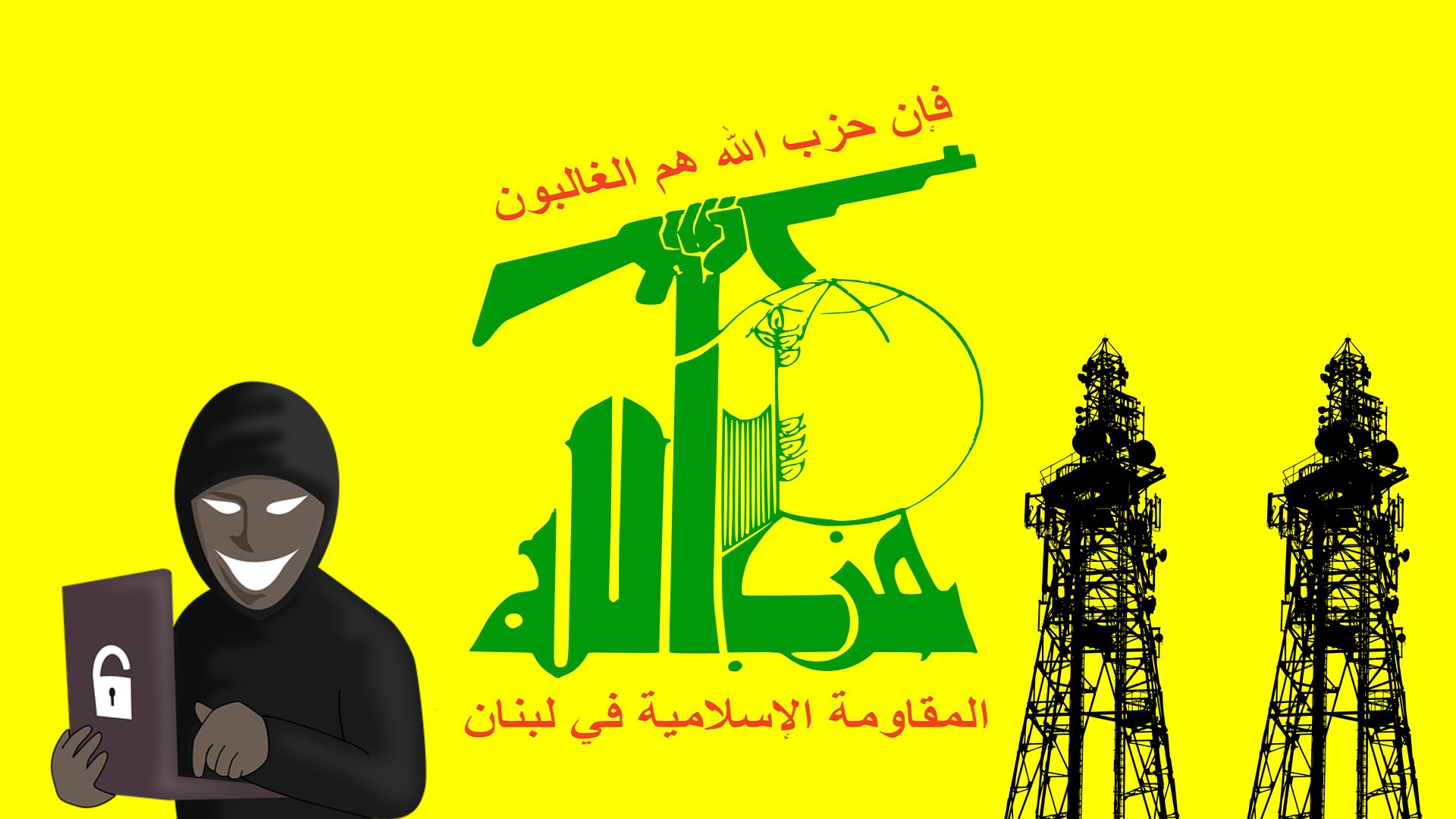Hizbullah: The Harvard of Electronic Warfare
Beirut provides a master class in the art of disinformation
Many universities around the globe have had their operations disrupted by COVID-19. But Hizbullah’s school of cyberwarfare remains open for instruction.
According to a recent report by the Daily Telegraph, the Lebanon-based terror organization is still flying in recruits from around the Arab world for courses in how to “digitally manipulate photographs, manage large numbers of fake social media accounts, make videos, avoid Facebook’s censorship, and effectively spread disinformation online.”
These electronic warriors return to their home bases, particularly to Iraq, and pass along the knowledge they’ve acquired, helping to sow the seeds of disinformation and chaos across the region.
Cyberterrorism experts say Hizbullah’s education, which rakes in big bucks for the organization, is second to none, imported from Iran and fine-tuned over two decades.
“Hizbullah set up a course on how to do this. This was before the term ‘fake news’ was ever used, and before the use of bots, as a means of influence to change perceptions,” Edan Landau, head of the Database Desk at the International Institute for Counter-Terrorism, told The Media Line.
“Look at the hoax in 2006, when Hizbullah released photographs purporting to show an Israeli missile strike on Red Cross ambulances. Major media outlets around the globe ran with it,” said Landau. But the photos and stories behind them didn’t hold up to scrutiny.
“Hizbullah has adapted to today’s technology. It’s now more about changing people’s perceptions through social media,” said Landau.
“Hizbullah laid the groundwork for informational warfare long before ISIS was ever dreamed up,” a US State Department official who works on Middle East security matters told The Media Line. The official requested not to be identified due to the sensitivity of his work.
“Look at the similarities: Hizbullah’s propaganda emphasizes specific themes, like resistance, martyrdom and social services. And it smartly reaches beyond its Shi’ite base, proactively and consciously working to garner support from Lebanese Christians and Sunnis and the larger Arab and Islamic world.”
Hizbullah maintains a unit solely dedicated to psychological and informational warfare, comprising newspapers, social media outlets, dozens of websites in multiple languages and its far-reaching Al-Manar satellite TV station beaming from Beirut.
Much of the funding for Hizbullah’s electronic battlefield courses comes from Tehran, as does a good deal of the know-how. After the Stuxnet virus hit Iran’s nuclear facilities in 2010, the Islamic Republic invested heavily in cyber research and development for its own cyber abilities and morphed into a threat of its own. As a favored proxy, Hizbullah receives tools and training from Iran, putting the non-state actor’s operations on par with its nation-state rivals.
“This is one of the benefits of being a state within a state,” Maj. Gen. (res.) Yaakov Amidror, told the Media Line. Amidror served as national security adviser to Israeli Prime Minister Netanyahu.
“It’s easier to keep tabs on Iran, easier for companies like Facebook to shut down operations there, even easier to fly people in and out. Hizbullah is essentially Iran’s sub-contractor on this,” Amidror said.
Lately, Hizbullah’s disinformation recruitment focus has been on Iraq, particularly dealing with Kata’ib Hizbullah, or the Hizbullah Brigades, which earned its reputation fighting US and coalition forces in Iraq in 2003, filming attacks and publishing them online for propaganda and recruitment purposes. Its leader, Abu Mahdi al-Mohandes, was killed in a January US airstrike targeting Iranian Gen. Qasem Soleimani.
According to the Daily Telegraph report, Kata’ib Hizbullah has developed a digital propaganda team of 400 people, flooding Facebook with fake accounts and promoting fake news. The US government estimated that the entirety of Kata’ib Hizbullah was composed of 400 people less than a decade ago. Kata’ib Hizbullah and other Iraqi electronic armies have reportedly floated millions of dollars in advertising expenses to Facebook.
The impact of Iraq’s so-called “electronic armies” and mass manipulation of social media networks can’t be overestimated,” a senior United Arab Emirates diplomat told The Media Line, on condition of anonymity due to the sensitive nature of the topic. “These operations are incredibly damaging to efforts to stabilize Iraq. Even if Hizbullah is weakened following [last week’s] explosion [in Beirut], it is likely they will still be able to conduct these types of training camps.”
But, it isn’t just Kata’ib Hizbullah flying its students into Lebanon for training. Iraqi politicians are now in their own electronic arms race and have flown activists to Beirut, where they are trained in the art of smear campaigns and incitement through social media activism and disinformation. In a place like Iraq, where government and media institutions are weak, social media is especially amplified, which makes Hizbullah’s training all the more valuable, and more in-demand than ever.


